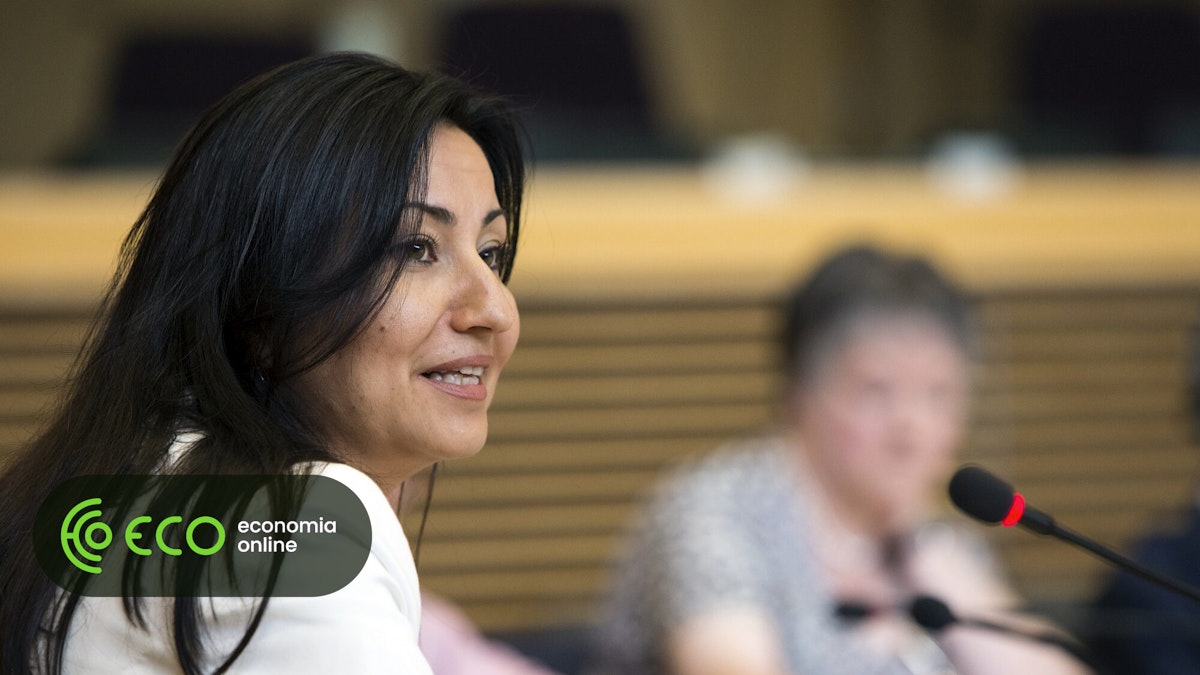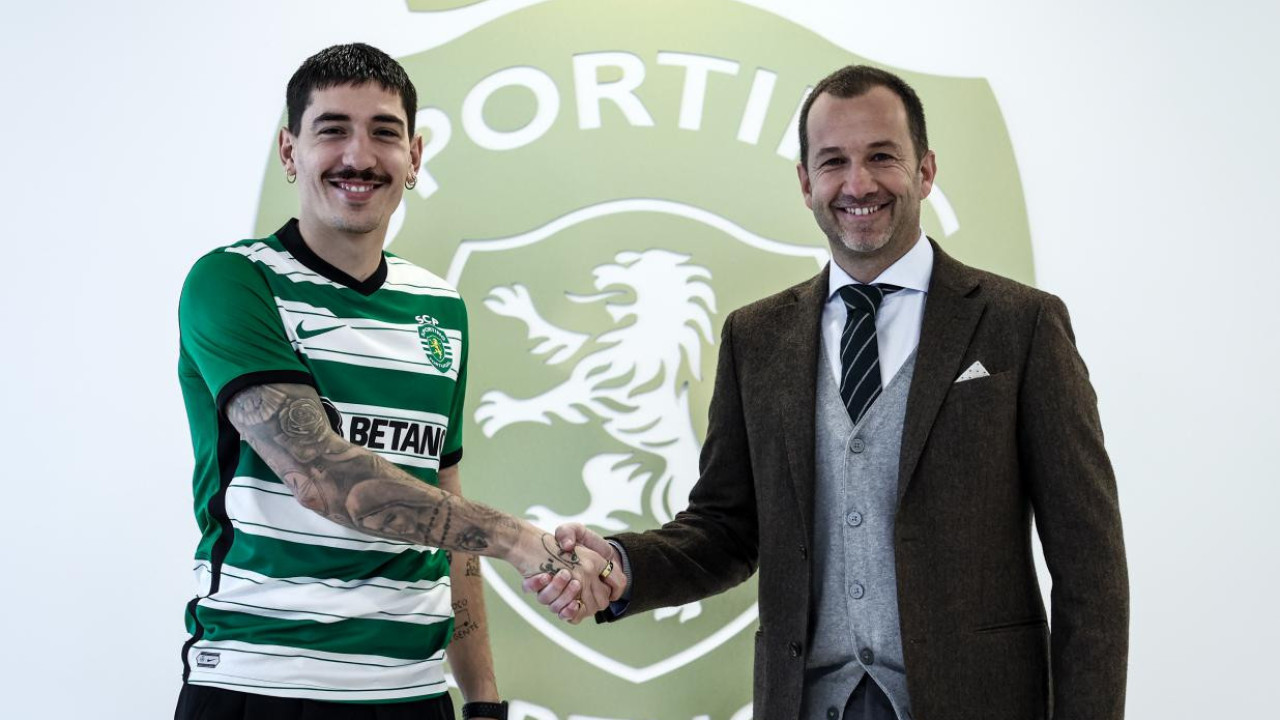Panorama in Portugal has changed and “it is more difficult to detect and punish”. Governments are “always a step behind”
This Thursday marks the International Day against Corruption, a problem that continues to be felt in Portugal, with “great corruption and the capture of public policies”, according to the organization ‘Transparency International Portugal’.
In responses expressed to Multinews during this day, the organization explains that “it was on this day, in 2003, that the United Nations Convention against Corruption was signed. Therefore, it is a day for governments, businesses, civil society and the entire population to renew their commitment to work together to end the devastating impact of corruption on the lives of people around the world”.
The organization considers that in Portugal, in terms of corruption, “there have been advances, setbacks and stagnation. Portugal in 2021 is not Portugal in 1980. Petty corruption at the level of civil servants is no longer a fundamental problem”, secret.
Even so, “the so-called great corruption and the capture of public policies remain, in which there may not be a bribe, a direct exchange of favors, but there is a systemic private benefit and over time, which is more difficult to detect and punish – judicially and politically”.
“At the international level – and with effects in Portugal – we are witnessing a strengthening of kleptocratic regimes, in other words, in which an elite remains in power with the aim of plundering State resources for their own benefit. And the issue is that even in countries and regions with more democratic traditions we are witnessing a deterioration of regimes and institutions”, he reiterates.
Despite admitting that “there have been improvements”, Transparency International emphasizes that this happens “always in slow response to new forms of corruption and policy capture. Or, in other words, corruption advances and, in response, governments, international associations and civil society have also advanced, but always a step backwards”.
“The international community has finally woken up to the problem of kleptocracies and how their elites abuse the systems of democratic countries to hide the fortunes they steal from their countries. This week, for example, the US government approved its first anti-corruption strategy and that is good news”, he says.
In the same sense, “in Portugal, the issue of entry once and for all on the public and political agenda. In terms of research, too, great progress has been made in the last decade. The big obstacle is that the political power continues to respond to the challenges by creating new laws that, afterwards, are no more than paper. Corruption is prevented in practice and not just in the Penal Code”, he warns.
Asked what can still be done to improve the Portuguese image in this context, the organic organism that “the issue is not the image. This is an obsession of political power. You can have a good image because you interpret statistics in a convenient way, because you only consider the law and not the practice, because you only look at the part of reality that is convenient”, he said.
“The important thing is to ensure that decision-making processes are fair and transparent, that institutions have effective means of prevention and detection, that people feel safe to report irregular practices and that justice works. Correcting the reality will ultimately improve the image. That doesn’t happen anymore”, he concludes.
Problem remains a “concern” in Portugal
The Corruption Prevention Council considers that this issue continues to be a “concern” in Portugal and in the world. The organism’s source refers to the Multinews that they see “With concern and awareness of the much that has been done to prevent and combat it, but also the much that still needs to be done to eradicate it.”
“In some aspects”, the organization considers that “there are clearly improvements, as is the case of greater transparency in public life, at national and international levels”. However, “this is a phenomenon that concerns everyone and in which we believe that education plays a fundamental role”, he completes.
“That’s why the Corruption Prevention Council celebrates this day at the Maria Amália Vaz de Carvalho Secondary School with live broadcasting to all public and private schools in the country, thus also betting on the new generations”, he reinforces.
For the Council, it is important to “continue with this concern on the agenda and in practice on a daily basis, all the mechanisms that already exist”.
Thus, he adds, it will be possible to “also improve the articulation between all the entities involved, from the political-legislative bodies to entities with functions of prevention, investigation and repression”, he concludes.
Portugal among countries with high risk of corruption in Defense
Portugal is among the countries with a high risk of corruption in the Defense sector, despite having registered some improvements compared to 2015, revealing an assessment by the organization Transparency International (TI).
In TI’s assessment of 86 countries, Portugal appears in the group of countries with a high risk of corruption in the Defense sector, with 44 points out of a possible 100, below the European average (59/100).
“The results for Portugal show a positive evolution compared to 2015 data, with emphasis on the thematic areas of political risk and risks associated with personnel management, but there are still problems in the prevention and mitigation of risks arising from the lack of supervision ”, referred TI in the publication Government Defense Integrity Index 2020, which assesses the quality of institutional controls to manage corruption risks in defense and security institutions.
In a statement to Lusa, Karina Carvalho, executive director of TI Portugal, said that “some improvements were registered compared to 2015, but the results regarding the operational area are still far below what would be expected, especially for a country that has responsibilities at the international level” .
“What we are saying is that there has to be more transparency”, said the official, declaring that in the defense sector “there is little published information”.




